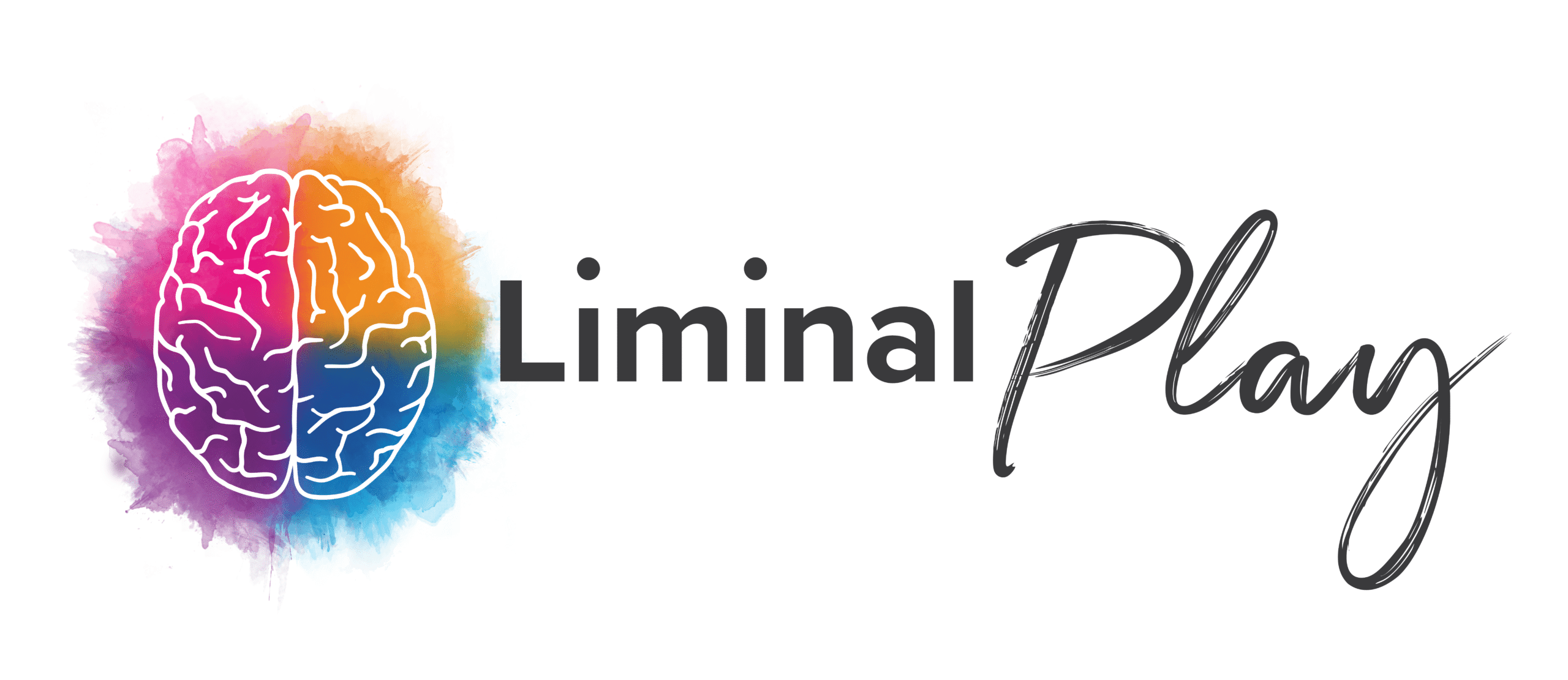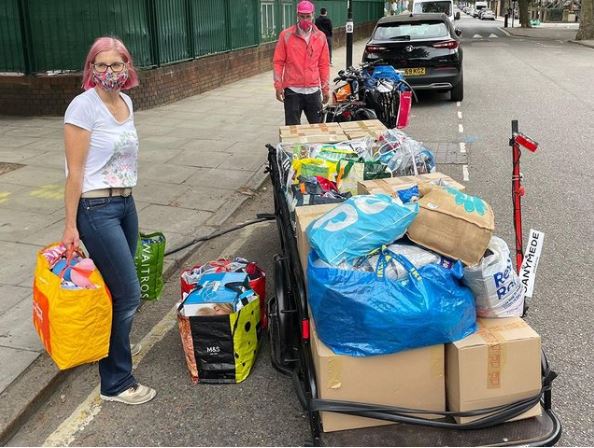Meaningful Action in the Face of Big Issues
Published 14 September, 2021
I’m someone who feels things deeply; anything I watch or read will stay with me for days afterwards. Because of this, I need to be careful about what goes in. I choose to read the news rather than watch or listen, but even a quick flick through the various sites each day is often too much to bear. Tragedy and injustice surround us at every level.
In the face of the world’s grief, our nervous systems walk a very fine line in their capacity to hold the myriad of emotions that arise. When the overwhelm becomes too much, our bodies resort to numbing or shutting down. Sometimes this is useful or even protective (thank you bodies) but if we want things to get better in any way, some form of meaningful action is required.
You may have seen the quote below circulating recently.
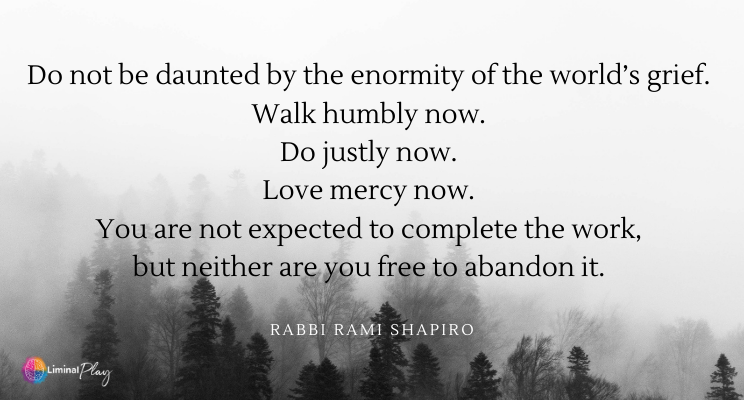
Attributed to the Talmud (Jewish ethical scripture), the words are in fact a modern interpretation by a rabbi poet/author, refreshing earlier text and adding further context. As is often the case, poetry (and a little poetic licence) has breathed new life and meaning into the older form.
But the question remains – how can we help but be daunted by the enormity of the world’s grief? How can you and I – personally – find appropriate responses to issues of the scale we face today? How do we take those first steps of walking, doing and loving?
Most of us will never experience an epiphany and voila!, our lives have meaning and purpose. Rather, a meaningful life is comprised of living everyday moments in meaningful ways. Therefore, I believe the answer lies in finding an everyday type of activism.
Poetic activism, an activism for everyday moments
In late February last year I was browsing LinkedIn and through the mysteries of the algorithm stumbled on a blog by Dr Margaret Gearty entitled ‘Poetic Activism’. My first thought was, “I’m not a poet OR activist”, but the next moment my attention was firmly caught by the graphic below (I am, however, a sucker for a good sketch note).
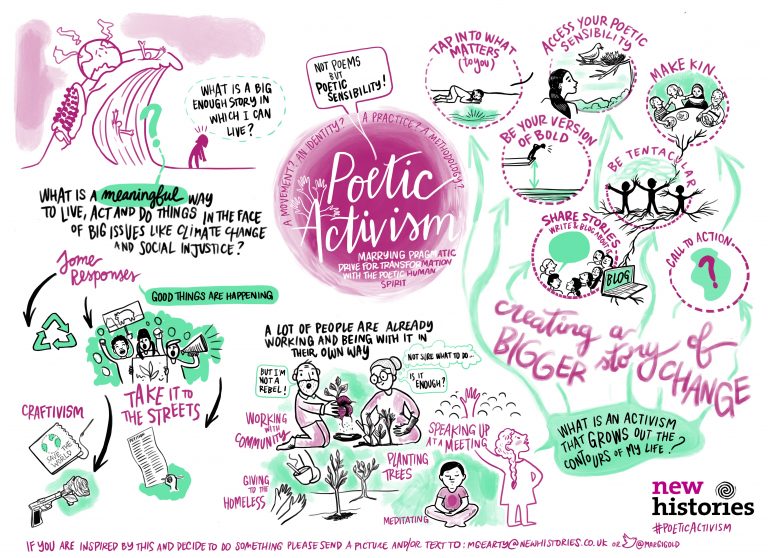
As it turns out poetic activism is not about writing poetry, but asking ourselves,
“What is a meaningful way to live, act and do things in the face of big issues like climate change and social injustice?”
Poetic activism is a reimagining of activism, one that Margaret defines as combining the pragmatic drive for transformation with the poetic nature of the human spirit, one that arises from the contours of each of our lives.
To find our own steps towards meaningful action, she gives the following suggestions (N.B. the definitions are loosely paraphrased or otherwise interpreted by me):
- Tap into what matters to you
Reflect on what genuinely moves you. Our emotions are data that signal what we care about. It may be linked to your own life’s story. It may not look like the latest hot issue.
- Access your poetic sensibility
This is what Mary Oliver describes in her poem ‘Instructions for living a life’ (“Pay attention. Be astonished. Tell about it”). It’s choosing to notice a different awareness, a sense of presence in the moment – like the shift in seasons, the morning sun on your skin or the person on the park bench. These moments are doorways to ‘thin spaces’ where our interconnectedness is felt.
- Be your version of bold
Ask yourself, “What would courage look and feel like in my life?”. Avoid comparisons with others’ boldness, but be honest with yourself – it does require some skin in the game.
- Make kin
This is huge. We are relational creatures who find emotional and physical health in the presence of safe others. Find people with whom you share what matters. Spend time together, preferably with food.
- Be tentacular
Be relentlessly curious. Join the dots. Let your roots seek out others who share your interest. Follow these pathways and build new networks of interconnection.
- Share stories
As Mary Oliver says, “Tell about it.” Find fresh language and forms to share a new story about what you are noticing, in ways that feel real for you.
An example of poetic activism in my neighbourhood
Little Village is a London-based ‘food bank’ but for clothes, toys and equipment for babies and children up to five years of age. The items are a gift – given with love from one family to another. As well as practical support for families experiencing hardship, they also provide a warm, supportive community between families. Many families who receive support also become volunteers themselves.
In 2020 they supported 7,281 children – double that of the previous year – and raise awareness about rising child poverty in the country’s capital as well as the real-life impact of policy decisions.
Their CEO Sophie Livingstone shares in her blog that like most of us, she was feeling helpless as she watched the unfolding events in Kabul last month. However when the first Afghan families began arriving in London quarantine hotels without clothing or nappies, the team at Little Village were ready.
Knowing what mattered and having previously found kin and built remarkably tentacular networks, they kicked off a crisis appeal which supported over 500 refugee children within a week, over and above the regular London families. They also recognised the value of partnerships in their response, working with a coordinating body and other London baby banks.
We are not obliged to complete the work, but neither are we free to abandon it
Over the past year and a half I’ve used the lens of poetic activism to help me focus my attention on the type of meaningful change that personally matters to me. Much of this takes shape within Liminal Play, with its focus on rehumanising work and helping people live more wholeheartedly. I’m grateful that my work is free to take these forms. But my passion for the wellbeing of children and families hasn’t found its outlet.
So when an email to former Little Village volunteers arrived in my inbox last week, it was a no brainer. I re-signed as a volunteer at their Camden hub and spent yesterday sorting stock and preparing packs for families. I feel grateful to be able to use my privilege (self-employment and relative financial safety) towards a bigger picture of change. Little Village gives me and others the opportunity to engage in the work while also not turning away from the scale of what is needed.
Do not be daunted – find what’s ours to do
Despite the enormity of the world’s grief, there is a way for each of us to find our own meaningful responses.
The data of our emotions helps us to identify what matters to us, and the guidance of poetic activism combines our story, privilege and context to find personally meaningful ways to live and act together in the face of big issues in our world.
Rehumanising work, mental health, childhood, and lifelong play and creativity are what matters to me.
What matters to you?
Where will you find your kin?
What is a meaningful response that arises out of the contours of your life?
Notes and Acknowledgements
- The Rabbi Rami quote comes from ‘The Wisdom of the Jewish Sages: A Modern Reading of the Pirke Avot‘, and combines the earlier text with a reference to Micah 6:8.
- Dr Margaret Gearty is a professor of learning history, faculty member at Hult Ashridge Executive Education and founder of the action research consultancy New Histories. The poetic activism graphic was part of this blog post. If you have a story about poetic activism in action, she would love to hear from you.
- For a flavour of the day-to-day work of Little Village check out their Instagram account, or for more information on how to get involved visit their website.
